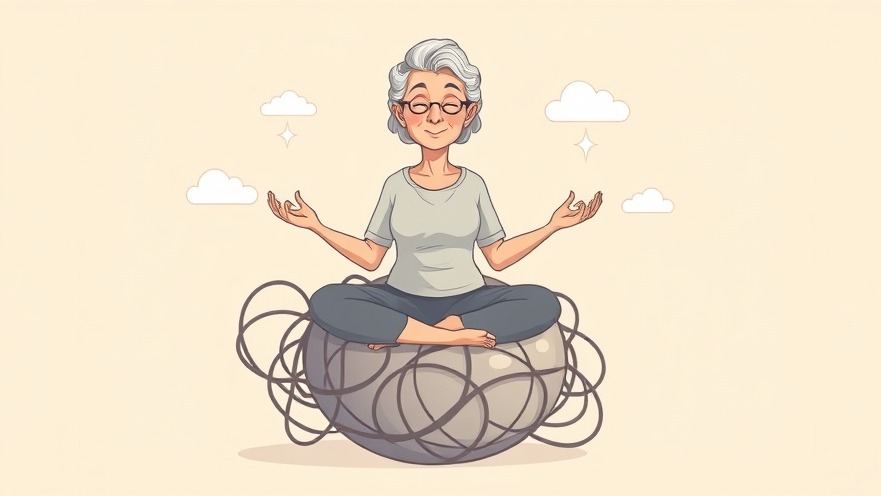
The Surprising Decline of Women’s Anger After 50
A groundbreaking study published in the journal Menopause reveals a significant shift in the emotional landscape of women aged 35 to 55 as they navigate menopause. With an in-depth analysis of over 500 participants, researchers have discovered that a woman’s capacity for anger—including explosive outbursts and hostility—diminishes as she ages. This finding sheds light on a previously underexplored aspect of women’s health during midlife.
Understanding Anger’s Impact on Health
Anger is often viewed as a simple emotion; however, its implications on mental and physical health can be profound. Historically, studies have focused on the links between anger and heart health, revealing a correlation between higher anger levels and conditions such as hypertension and coronary artery disease. Research shows that increased anger can exacerbate these health issues, especially in women who are navigating hormone changes during menopause.
Emotional Regulation Through the Menopause Transition
One of the striking findings from the recent study is the significant decrease in various forms of anger, such as anger temperament and expressed aggression. This trend suggests that as women grow older, they may develop better emotional regulation skills. The decrease in anger traits aligns with research highlighting the benefits of age on emotional maturity and psychological resilience—a vital insight for those experiencing the complexities of midlife.
Social Perceptions and Emotional Growth
As society continues to evolve in its understanding of menopause, acknowledging the emotional growth and shifts women experience can foster a more supportive environment. Women often feel societal pressure to maintain composure and poise, resulting in suppressed anger that does not diminish with age. Interestingly, suppressed anger remains constant throughout the menopause transition, indicating that while emotional outbreaks may reduce, unexpressed feelings can still linger, impacting relationships and personal well-being.
The Broader Context of Women’s Health
This research contributes to an expanding narrative around women’s health, particularly as it relates to aging and menopause. Conversations about the emotional complexities of this transition are essential, as they expand beyond discussions typically framed around physical symptoms. Women are encouraged to engage with their emotions, seek support, and understand that navigating this period can lead to unique and beneficial changes in emotional regulation.
What This Means for Younger Generations
For younger women, understanding these emotional patterns can be invaluable. The experiences of women in midlife help challenge the stigma surrounding menopause, demonstrating that this significant life transition can lead to personal growth rather than decline. By openly discussing emotional health and mental well-being, younger generations can set the stage for a supportive environment that prioritizes mental health throughout all stages of life.
Emotional Insights: Value of Knowledge
As the cultural narrative surrounding women in menopause continues to shift, recognizing the emotional transformations can empower women to embrace this phase of life with greater understanding and acceptance. Awareness and open discussions can foster emotional intelligence, equipping women with the tools needed to navigate midlife transitions with confidence.
In conclusion, the insights gleaned from this study highlight the importance of addressing emotional health in women's health discussions. As more women candidly share experiences and insights around menopause, it will pave the way for a healthier dialogue, dispelling myths and encouraging emotional growth. If you're interested in how these emotional changes impact your lifestyle or curious about local support systems, explore the resources available in your community.
 Add Element
Add Element  Add Row
Add Row 



Write A Comment